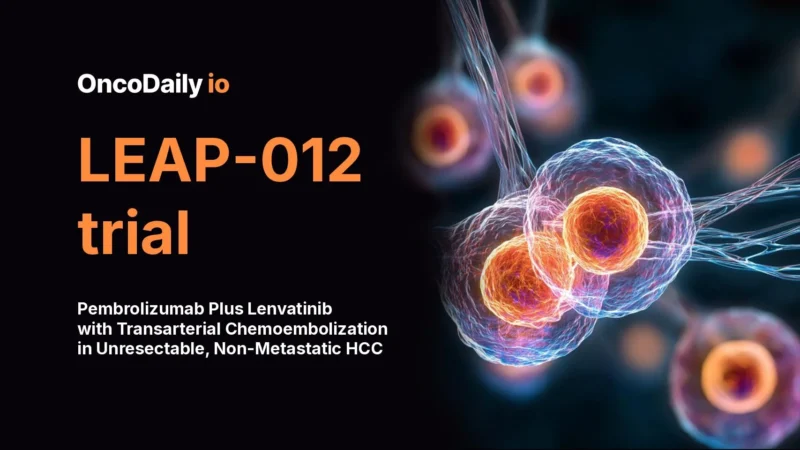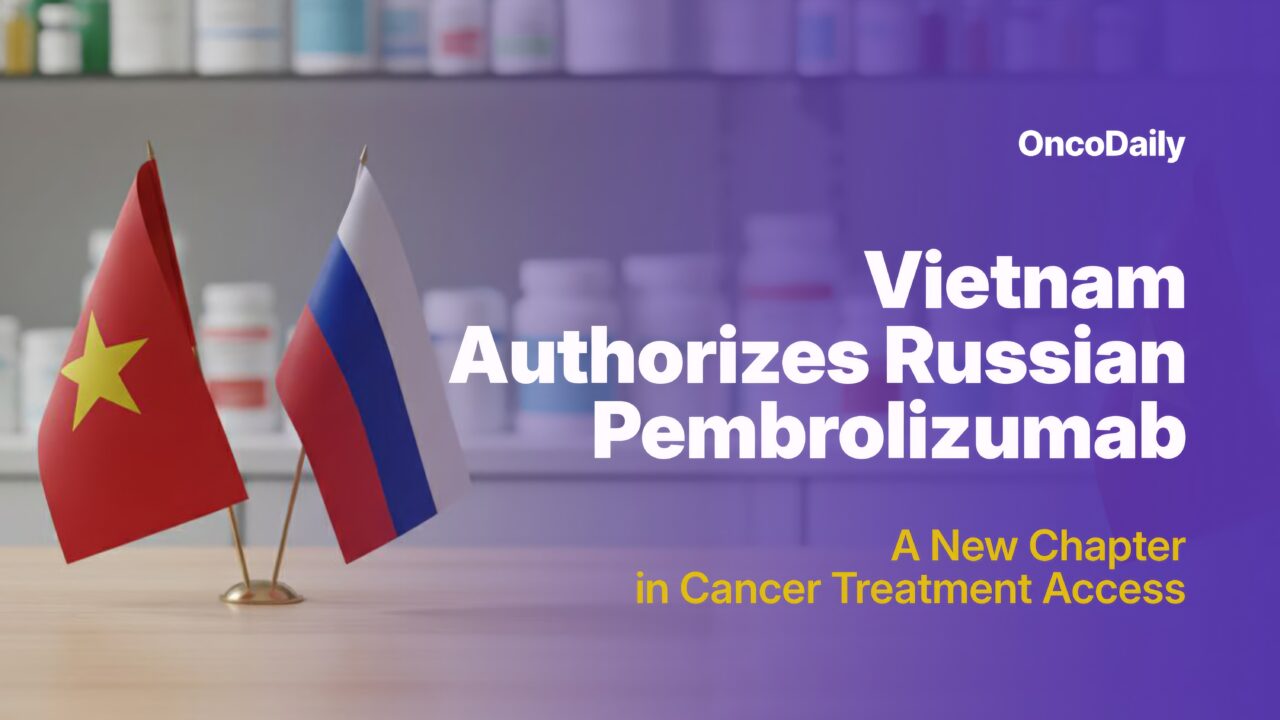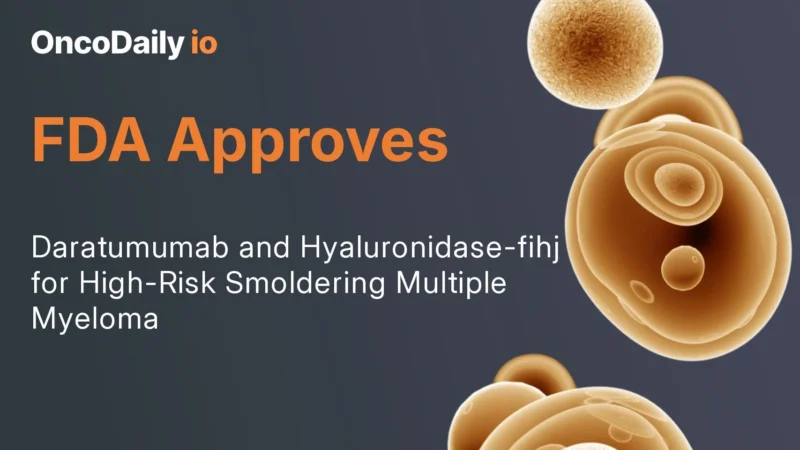In a notable development for oncology in Southeast Asia, Vietnam’s Ministry of Health has approved the sale of a Russian-manufactured anti-cancer drug containing pembrolizumab, one of the most widely used immunotherapies in the world. The decision, reported by the Vietnam News Agency in partnership with TV BRICS, allows the medicine to be distributed across Vietnam for the next three years, expanding access to cutting-edge cancer treatment options in the region.
A Versatile Weapon Against Multiple Cancers
Pembrolizumab, a PD-1 immune checkpoint inhibitor, has revolutionized the management of various cancers by enabling the immune system to recognize and attack tumor cells. The approved formulation is indicated for more than 14 types of malignancies, including melanoma, lung, cervical, breast, colorectal, and kidney cancers. Its inclusion in Vietnam’s therapeutic arsenal represents a significant step forward in broadening patient access to evidence-based immunotherapy.
Cancer Burden and Treatment Advances in Vietnam
Cancer remains one of Vietnam’s most urgent public health issues. In 2022, the country recorded approximately 180,480 new cancer cases, with breast, liver, lung, and colorectal cancers among the most common. To address this growing burden, Vietnam has progressively advanced its oncology care system, integrating surgery, chemotherapy, radiotherapy, targeted therapy, and immunotherapy into modern multidisciplinary protocols.

Strengthening Local Oncology Capacity
The Ministry’s recent approval also reflects Vietnam’s broader commitment to enhancing local access to innovative medicines. Over the next three years, 14 vaccines and biological products have been authorized for circulation, highlighting ongoing efforts to diversify treatment options and align with international standards in cancer care.
A Step Toward Greater Treatment Equity
The introduction of the Russian pembrolizumab formulation may contribute to reducing treatment disparities by offering a more accessible alternative within Vietnam’s healthcare system. As global collaboration in oncology continues to grow, such initiatives exemplify how cross-border partnerships can accelerate the availability of lifesaving therapies in emerging healthcare markets.
Written by Nare Hovhannisyan, MD



